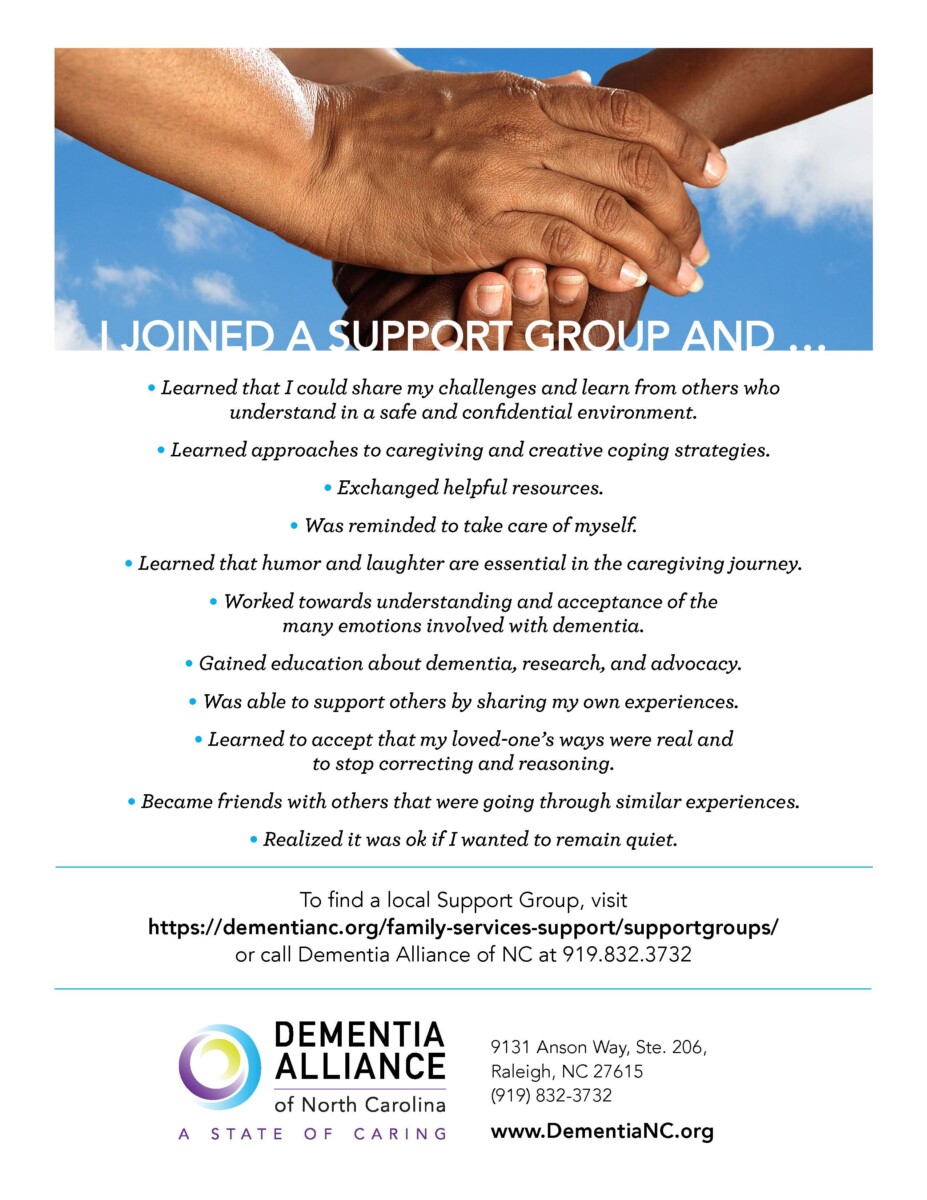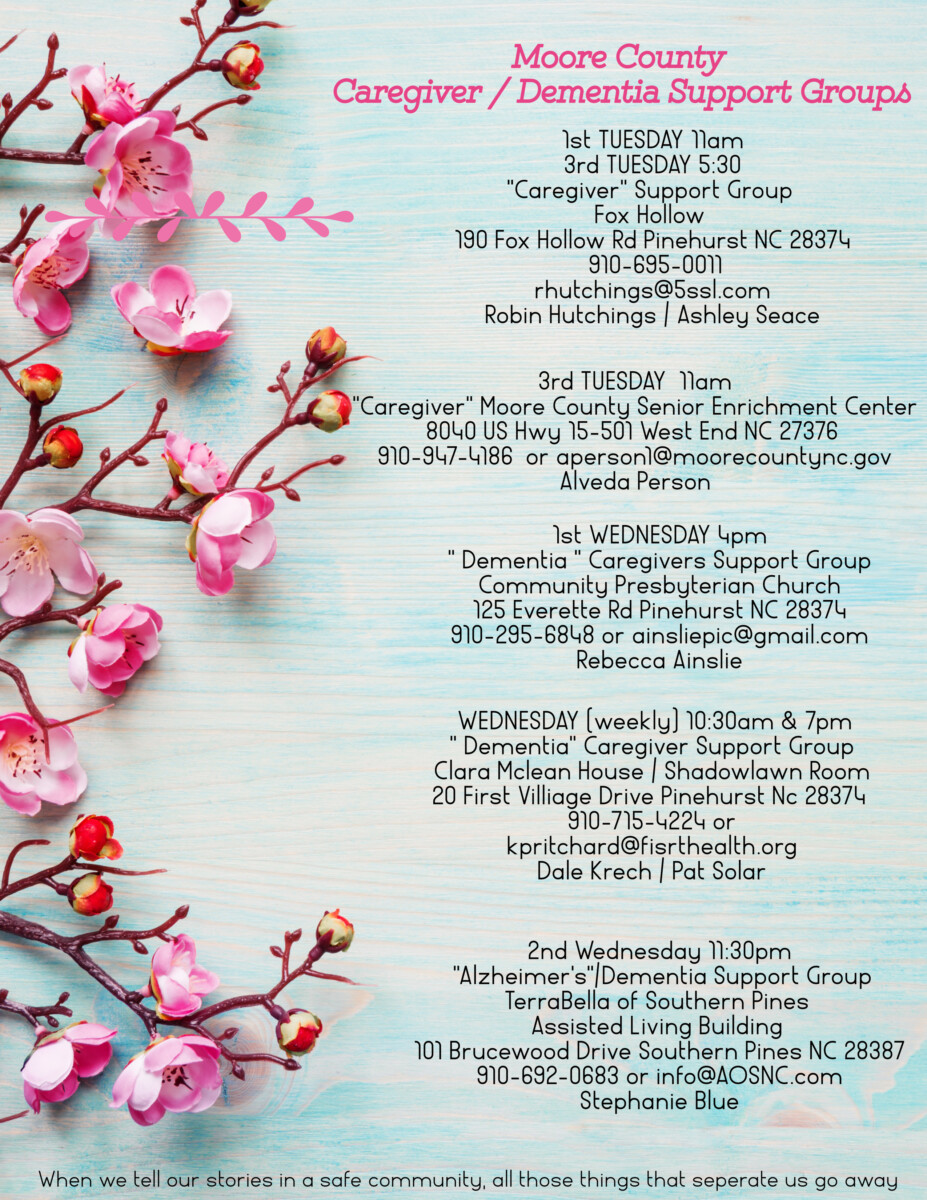Care of the Congregation

The Village Chapel COC provides a range of ministries from delivering flowers to assisting ailing or bereaved members get through troubled times. Please see the complete list of COC services below.
To join our COC, click to contact Mary Callow or Carolyn Smith.
Have a special prayer request? We want to pray for you.
Please reach out to John Roberts with any prayer requests.
You can also share your prayer requests on the prayer cards on the back of the pews and deposit them in the prayer
boxes in the back of the church. They will be prayed for by the Upper Room prayer team.
Prayer Ministry
Prayers cards can be found in the pews and a confidential request is lifted up in prayer by a team of volunteers.
Flowers
Following the 11:00 Sunday service, flowers are delivered to a home-bound or hospitalized member.
Cards
The team sends out Birthday, Get Well, Thinking of You and Anniversary cards to members.
Bereavement
Keeps a list of deceased members and follows up with cards, bereavement reminders to the pastors, and sends out grief booklets quarterly. The bereaved is followed for one year.
LEM
The Lay Eucharistic Ministry serves communion to home-bound members.
Meal Ministry
A team member prepares meals for a congregant who has a need during an illness or hospitalization.
Dementia Support
Provides support to a family caring for someone with dementia or Alzheimer’s disease. CLICK HERE FOR RESOURCES
Visitation Ministry
The team makes visits to those designated by the pastors or upon the individual request of a parishioner.
Hospital Chaplain
Visits and prays with members who are hospitalized.
Secretary/Historian
Keeps the minutes of the quarterly meetings and researches any history that may be needed.
Dementia Care Information
Understanding How To Help
All dementia is caused by a problem or disease. It is NOT intentional. It is common for people with Alzheimer’s or other
dementias to:
• Repeat themselves or not remember what you told them
• Not respond the way you expect
• Say or do things that aren’t appropriate
• Use words that are close but wrong
• Appear angry, scared, lost or frustrated
• Blame others for things that go wrong
Activities of Daily Living
As dementia progresses, people gradually go from being able to do most of their personal care to needing help with everything. And as a care partner, not only do you have to assist, you also have t recognize what your person can still do so you can support their remaining skills. HELPING WITH ACTIVITIES OF DAILY LIFE
Common Dementias
Dementia can be caused by a number of different conditions; it is a symptom of neurodegenerative diseases like Alzheimer’s, frontotemporal dementia or corticobasal degeneration. The term “dementia” describes a progressive, degenerative decline in cognitive function that gradually impairs memory and the ability to learn, reason, make judgments, communicate and carry out daily activities. COMMON DEMENTIAS EXPLAINED
Weekly Educational Series For Dementia Caregivers
The Alzheimer’s Association — Western Carolina and Eastern North Carolina chapters, in partnership with Isaac Health, a national provider of brain health and dementia care, are offering a free virtual weekly education series called The Empowered Caregiver to...
DANC- Positive Approach To Care
Dementia Alliance of North Carolina and Positive Approach To Care are excited to announce Accepting the Challenge, a new series of free dementia education videos designed to support family caregivers across North Carolina. Topics include: Understanding...
Upcoming Dementia Education Events
Happy New Year! As we start off 2025, I want to be sure you had the below information on two upcoming education events and the opportunity to save by registering early for the Raleigh Care Partner Conference with Teepa Snow and Melanie Bunn! I hope you are able to...


Senior Enrichment Center
The Senior Enrichment Center provides FREE social, emotional and health wellness resources and opportunities for residents 50 years or older.
The National Family Caregiver Support Program (NFCSP) provides grants to States and Territories to fund a range of support that assist caregivers. What is Respite Care? Respite care services provide periodic support/relief for caregivers from the responsibilities & stress he/she may encounter while caring for a loved one. It allows the caregiver to practice self-care and meet other responsibilities outside of the home.

